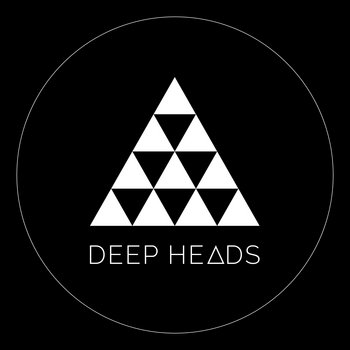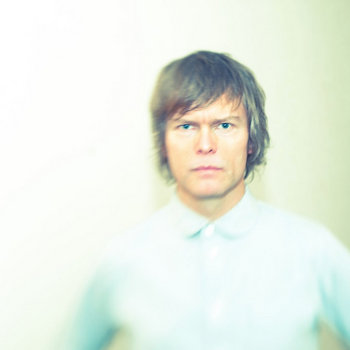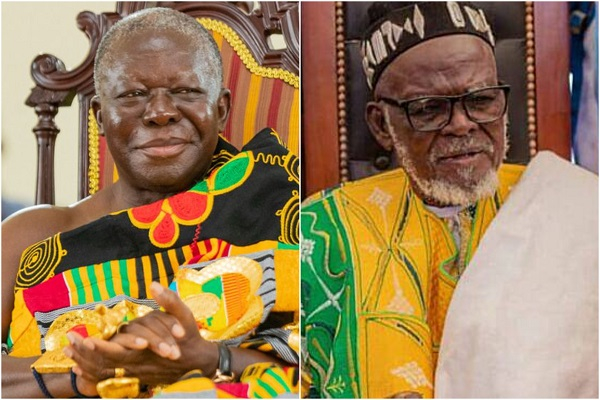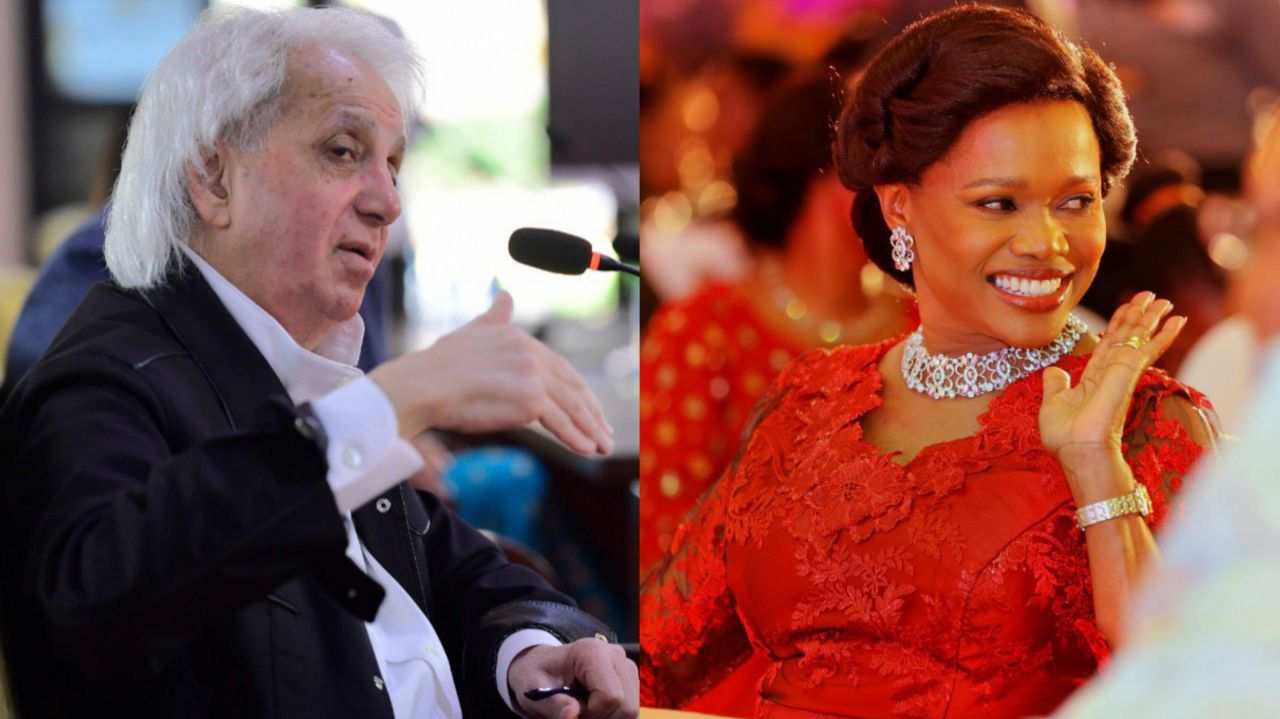
Dance music can feel extra potent in hard times, but the selection that has landed in our laps this month emphasizes just how many different ways that can work. There are sounds that are meditational, sounds that celebrate a variety of gender, sexual, and cultural identities, and sounds that provide an escape from the hall of mirrors of online life. There are sounds that remind us of the deep importance of the domestic, and sounds that paint self-portraits of fractured minds. From Kenya, Denmark, Scotland, and Lebanon, encompassing soulful dubstep, ultra-committed trance, militant acid, and spiritual disco, these are records to fortify and inspire as much as they are to enjoy and move to.


We’ve remarked before on this anonymous Manchester dancefloor-oriented project’s commitment to underground values; now comes this sprawling album, which kicks off with a voiceover opining on the benefits of experiencing music free from visual distraction and from obsession with the personalities behind it. Ironically, it absolutely crackles with personality, as do the other 20 tracks, most of which incorporate processed spoken word in a cavalcade of accents. Crucially, though, this is a personality that you feel and that you believe—not the facile ego show of the social media world. The tracks are mainly crunching acid house, with digressions into electro and even mutant dubstep and trap influenced grooves. All of this is held together by a unique—and extremely developed—sense of texture, bodily impact, and immersion. This is music that demands you experience it viscerally.


I .JORDAN has always been all about re-emphasizing the purity of euphoria in populist dance music styles—and in Tom Rasmussen, they’ve found the perfect vocalist to take this to new levels. Both tracks here trace a lineage from hi-NRG into pop-trance, piling on the melodic hooks but adding extra fizzing chordal drones that spill out over any rhythmic constraints. All of it conveys the pleasure and power of being uncontainable. “Girl Reborn” is significantly subtler, and very lovely, but it’s the full-on “An Angel” where it really makes the most of Rasmussen’s, well, angelic tones.


In a sense, this collaborative album echoes Matthew Herbert’s classic turn-of-the-millennium work on records like Around the House and Bodily Functions: Abstract sounds are sampled and processed into grooves of utmost musicality, and build into sweet, heartstring-tugging songs. But that musicality has matured over the years, and with vocalist and fellow sound artist Momoko Gill, Herbert is no longer tethered to the pulse of house music. Instead, these songs ebb and flow across stylistic boundaries, each occupying their own, strange emotional and sonic space.


Like -…-., this new collective of established electronic artists seems determined to place sound vibrations front and center. The brilliant album art is constructed from AI imagery pummelled by analog signals, and the two tracks here, while ultra-high-tech, are body-rocking first and foremost. There are heavy hints of Autechre at their most robot-breakdance-y, blurring into late ‘00s dubstep-industrialism of Vex’d and Milanese. Each of the two tunes here allows an abstract cyberpunk mind-movie to unfold from those starting points.

 . 00:10 / 00:58
. 00:10 / 00:58 
New Yorker Drew Lustman has never sat still and has never fit in. From hectic IDM to post-dubstep party grooves to melancholy indietronica, his catalog hits countless bases. And on his 11th album, he seems like he’s ready to do the whole lot all at once. The record starts with a bracing tribute to Richard D. James’s Caustic-Window alias, then veers through all kinds of hyperspeed techno, alt-R&B, vaporwave, and an array of uncategorizable sounds. The album title seems apposite: Neurotica is always on edge, with uncertainty being the key unifying factor. But amid the jitters, there’s beauty—and the great sense of a restless mind firing on all cylinders.


These four tracks, recorded by a collective of experimental musicians in Glasgow in 1995 but never released until now, make for a wonderful curio. They sit squarely within the hand-crafted British oddball electronica of the time—you could easily imagine these on compilations alongside Plaid, As One, Beaumont Hannant. But there’s also a particular weird, slithering funk that harks back very specifically to Coil’s 1990 album Love’s Secret Domain. Just that one bit of cross-wiring gives it a very distinct character and lasting appeal beyond its historical value.


Congolese-British bass virtuoso Kether has played with artists like Little Simz and has been featured repeatedly in this column for her own brilliantly original fusions of house, jazz-funk, and Afro-Latin grooves. All her singles to date are included on this new compilation, along with some phenomenal new remixes. Fiyahdread goes for some fantasticly murky dubwise dancehall-house, Rose Holland some super quirky acid syncopations, Zurich’s Gina Jeanz leans to classic soulful New York/New Jersey house, Ikonika continues her ongoing dive into dense amapiano, and Nairobi’s Coco Em keeps things crisp, uptempo, and super fun on what is arguably the highlight of the release.

 . 00:10 / 00:58
. 00:10 / 00:58 
Psy-trance has long been a musical minefield, with all kinds of overproduced and painfully predictable strains. But at its minimalist fringes, there have been more and more experiments lately that return to the fundamental meaning of the word “trance,” hybridizing with other forms to fascinating effect. Australian-British producer Zara blurs the music’s boundaries with Berlin-style techno, and on Soaring Ora her richly finessed layering of drones and reverb makes it feel like she’s exploring mystical caverns. Lyonnaise artist Vardae, meanwhile, uses a starker palette of digeridoo, throat-singing-like modulations, and sub bass, upping the tempo and—on the two most interesting tunes on Flaming as a Cloud—fusing the music with abstract drum’n’bass to truly hypnotic effect.


Released at the end of 2023, Marjaa: the Battle of the Hotels is one of the most haunting singer-songwriter albums of the modern age, with Beirut artist Jallad blurring acoustic folk, post-rock, and abstract sound design to express the trauma inflicted by the Lebanese civil war on the fabric of her city. Now, Swedish producer Tomas Bodén—aka Civilistjävel!—has reworked six tracks, stripping away the layers of sound and letting individual notes hang in the air in an act of truly radical minimalism. It stands as a stunning companion to the original, bringing out new detail and heart-stopping emotion. It all builds towards the closing nine-minute techno throb “Kharita—Dub” which draws the atmosphere together into a sense of, if not exactly hope, then at least determination.


The label Deep Heads has been rolling out the slickest, smoothest dubstep for 15 years now, irrespective of trends and hype. With their latest set of EPs, they show no signs of letting up. Here, Dutchman Hebbe leans into the reggae influence with plenty of dubwise swoops and zaps and a magical hollow bass tone that recalls Rob Smith of Smith & Mighty. Manchester’s Biome goes for soulful emotional pangs, and Ontario’s Jafu paints with both a dub-techno color scheme and wonderfully shuffly rhythm patterns. It’s all balm for the heart and mind.


Birmingham legend Surgeon’s recent album Shell-Wave is full of great iterations of his classic techno sound, but he’s saved the best for this standalone bonus track. Like the album, it features a lot of echoes feeding back on themselves, creating winding tracers of buzz and fizz. But the real star here is one of his funkiest, housiest basslines, which keeps this track bopping along infectiously for almost 10 minutes. Older heads might get flashbacks to Dutch mind-melters Psychick Warriors Ov Gaia here—which is never a bad thing.


Puzzles, the 2024 album from Copenhagen’s Kasper Bjørke channeled deep dance history, looking back to the ‘00s New York of DFA Records, Hercules & Love Affair, and so on—an era which in turn was inspired by ‘80s alt-disco and proto house. These five new remixes continue that idea of a long-flowing current of groove. Swede Axel Boman turns in balmily warm dub-disco, while Lydia Eisenblätter from Leipzig and New York’s own Justin Strauss nod to the classic sounds of Detroit’s Kevin Saunderson. Bjørke himself drops some lovely bleeping acid funk, but the real gem here is Berliner Johannes Albert taking on “Conversations.” It was already a lovely pop tune, with Icelandic vocal trio Sisý Ey finding a midpoint between Abba and The Pet Shop Boys; but Albert beefs it up and stretches it out into a stirring, bittersweet ode to the idea of the dancefloor as a place for contemplation and self-acceptance.












